
Home Thoughts for New Times
Enzo Traverso on 'the Revolt of Nature' and how COVID-19 forces us to reconsider the blurred relationship between politics, economics, society and biology.

Enzo Traverso on 'the Revolt of Nature' and how COVID-19 forces us to reconsider the blurred relationship between politics, economics, society and biology.

In response to the current COVID-19 crisis the UK Biobank, that contains half a million people’s anonymised health and genetic information, may be used to answer questions about coronavirus. Becca Muir asks, are the biopolitics of these databases being ignored?
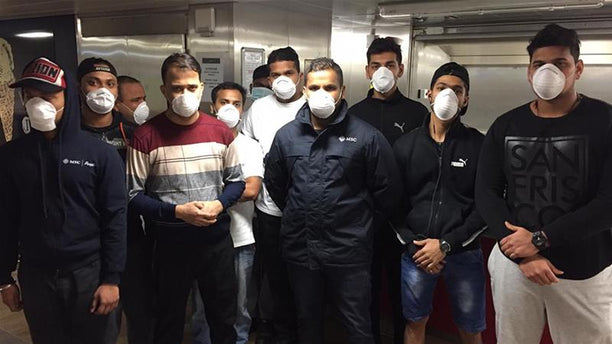
Laleh Khalili, author of Sinews of War and Trade, reports on the over 100,000 sailors who are quarantined on their ships, unable to return home or access adequate medical care.
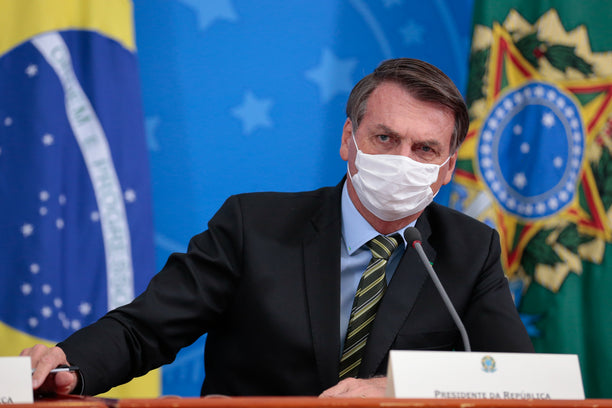
Brazilian President, Jair Bolsonaro, has continuously underplayed the coronavirus crisis, calling it nothing but 'sniffles' but as the death rises, Matheus Lock explains how and why the pandemic reveals the flaws within his leadership that may prove fatal.
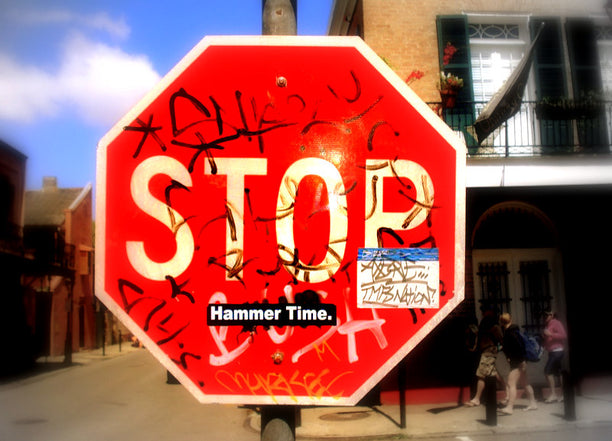
How has our experience of time under the COVID-19 lockdown changed? Fernando Sdrigotti explores the temptations to do nothing to this period of slowed-down experience, or to find an alternative vital measure of living in the moment.
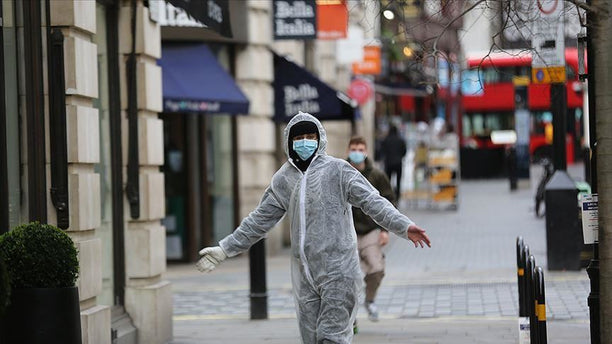
Philip Mirowski on why the Covid-19 pandemic is more opportunity than threat to neoliberalism, with Alex Doherty on the Politics Theory Other podcast.
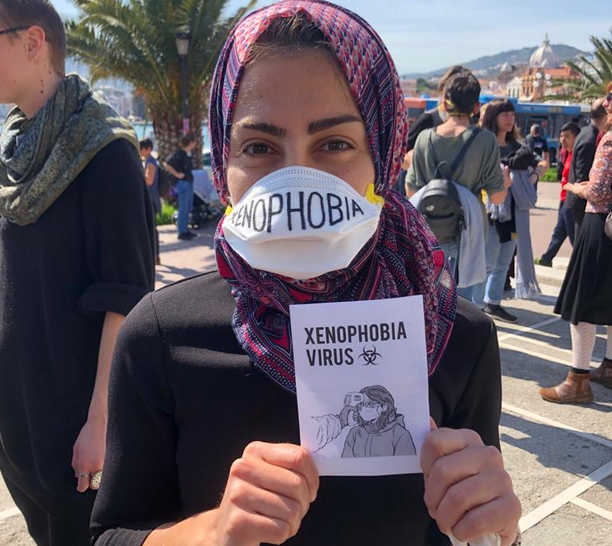
Thousands of refugees still remain in camps in Greece, like Moria on Lesbos. They now face the coronavirus crisis with no protection or help. Teresa Thornhill, author of Hara Hotel: A Tale of Syrian Refugees in Greece, tells their story of desperation in the face of the pandemic.
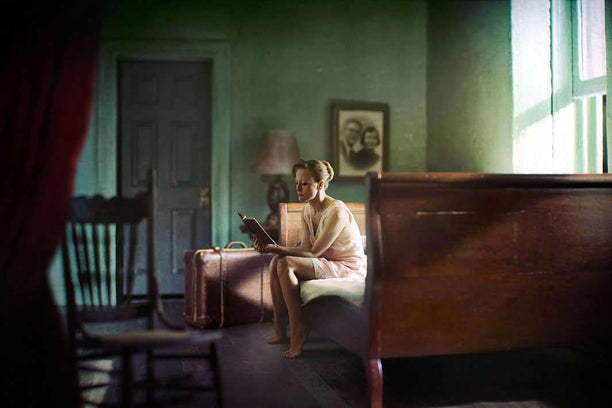
Vivian Gornick reads other people's diaries, Andrea Long Chu plays D&D, Enzo Traverso considers the siege of Leningrad, Hazel Carby reads privilege and anxiety, Geoff Mann locates hornswoggle, Asad Haider reads courageously, and more.
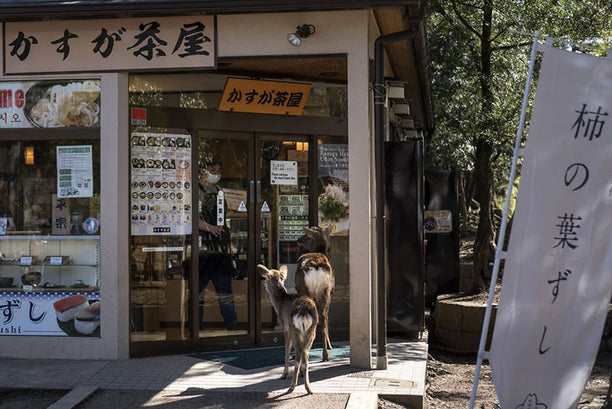
Closing the tap on aggregate economic growth opens positive new possibilities. It renders possible a more equitable world and a form of convivial conservation that celebrates and enables living together.
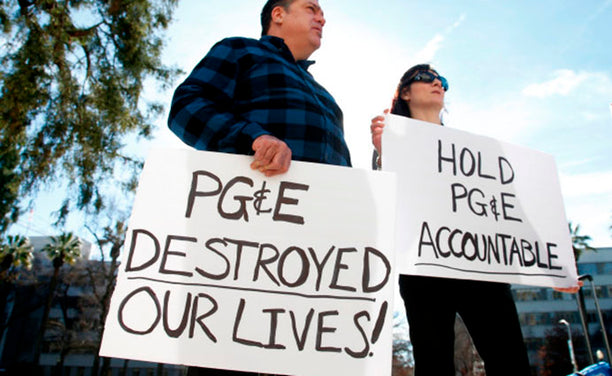
To win public support for the cause of energy transition, People’s Power campaigns need to develop radical new forms of energy democracy, ones that involve equitable popular access and governance directed to the needs of those who have borne the toxic brunt of fossil capitalism.
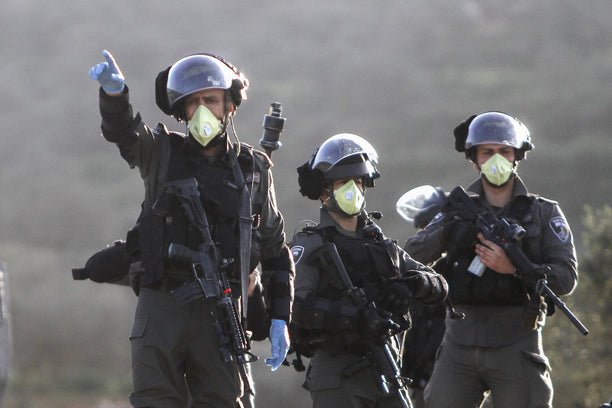
How has the pandemic made itself felt in Palestine? S C Molavi and Eyal Weizman, of Forensic Architecture, look at how Israel has used the coronavirus crisis in order to further consolidate its regime of surveillance and domination against Palestinians.
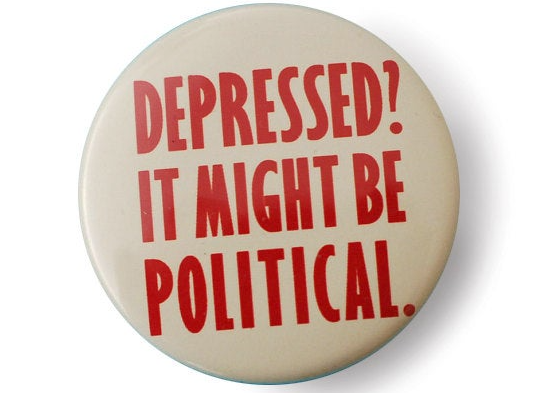
The Coronavirus pandemic has confined us to our households, caused thousands to lose their jobs and spread debilitating panic and despair. Calls to crisis helplines are surging and the majority of us are feeling anxious or low. But, Sian Bradley asks, can politicising these feelings help forge collective healing?